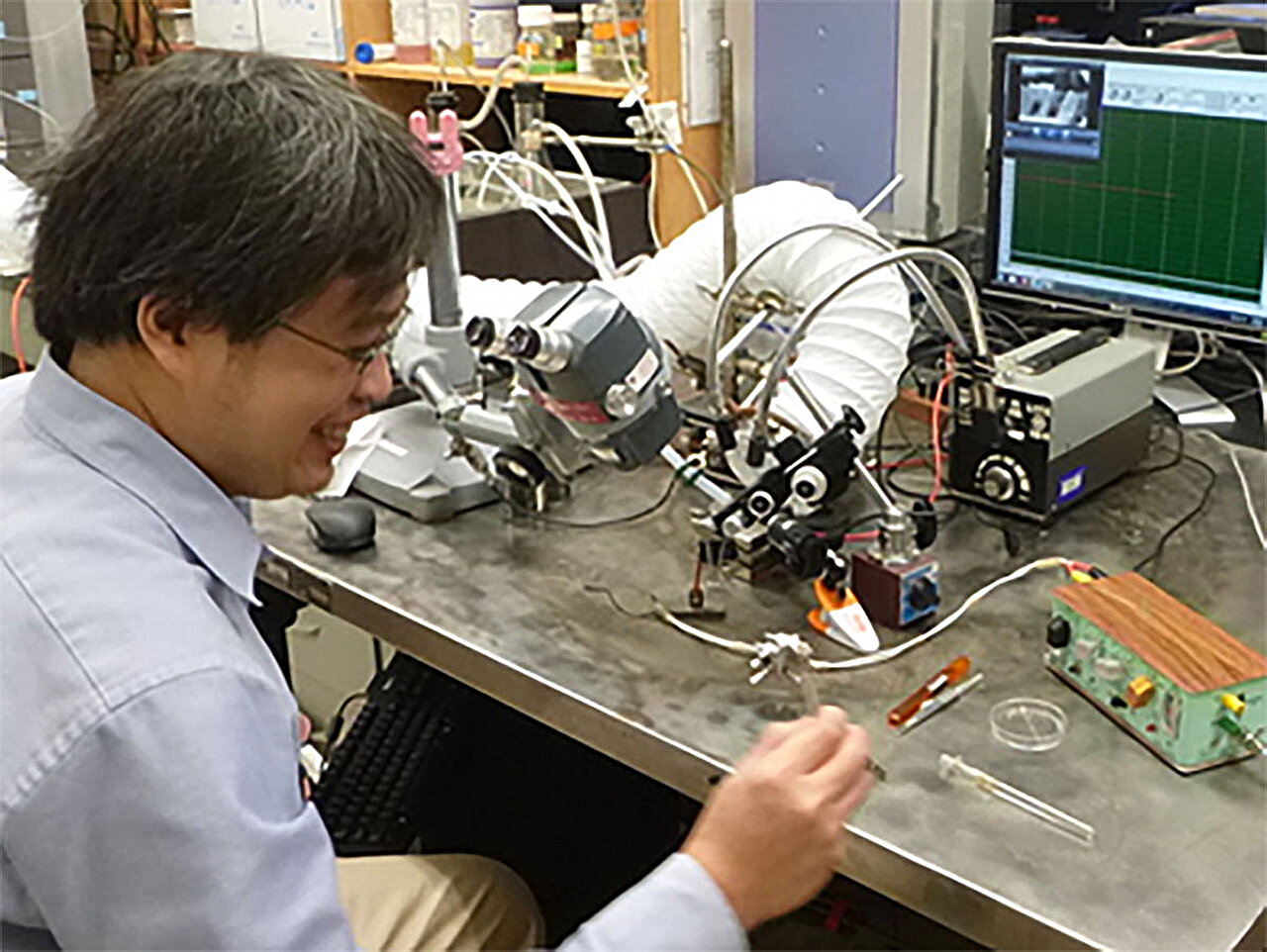It has long been known that exposure to pesticide sprays is harmful to honey bees. In a new study, researchers have uncovered the effect of such sprays on the sense of smell in bees, which could disrupt their social signals.
Since 2007, scientists have known that honey bees have been in trouble. One of the stressors that have raised concerns are insecticides, which affect honey bee health. Because these are usually used in combination with other chemicals, the resulting mixture can become unexpectedly toxic to bees.
“For many years, it was assumed that fungicides do not have an adverse impact on insects because they are designed for fungal targets,” said May Berenbaum (GEGC/IGOH), a professor of entomology. “Surprisingly, in addition to insecticides, fungicides also have an adverse effect on bees and combining the two can disrupt colony function.”
For more than a decade, reports originating from almond orchards, where two-thirds of the U.S. honey bees are transported every year when the flowers are in bloom, implicated pesticide spray mixtures. In particular, the problem lies in the use of supposedly inactive chemicals called adjuvants, which increases the “stickiness” of the insecticide so it stays on the plants.
Because adjuvants have long been considered to be biologically benign, they are not subject to the same level of safety testing as other insecticidal agents. “Recently, researchers have shown that adjuvants alone or when used in combination with fungicides and insecticides are toxic to bees,” Berenbaum said.
2023-12-15 14:41:02
Link from phys.org rnrn
